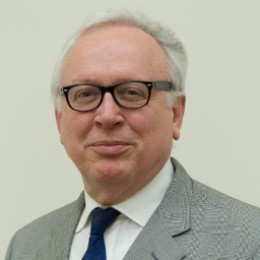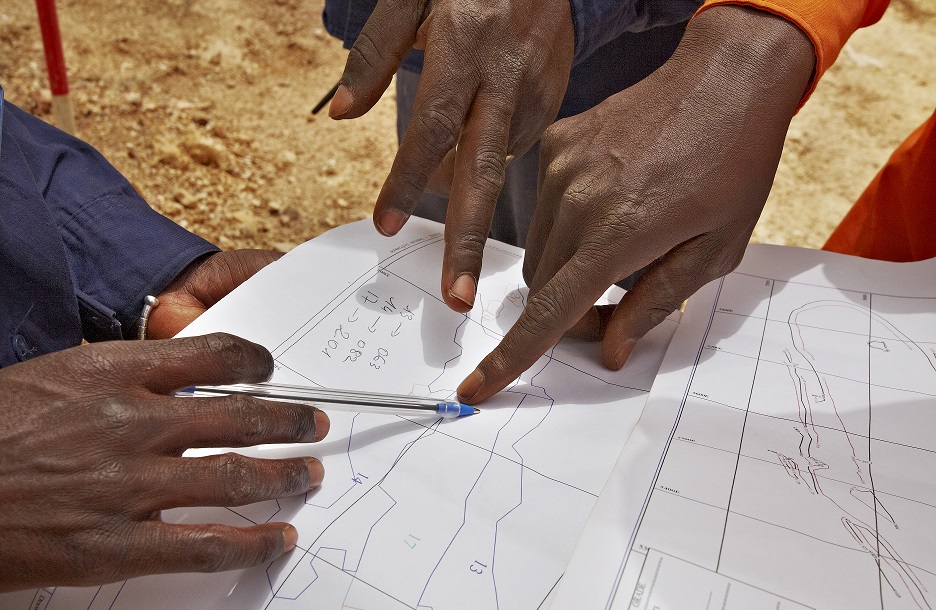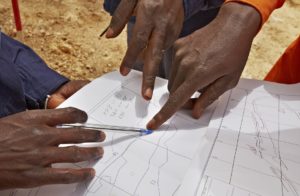
Michael Gill-Sustainable Skills Chair of the Board
One of the remarkable success stories in Australia’s recent economic history has been in tertiary education. Australian institutions have attracted very large numbers of foreign students and have developed a strong reputation, especially in our immediate region. Up to now, much of this has been the result of economic growth and rising middle class, notably in India and China. Most of this activity has been in and around Australian universities in Australia.
Sustainable Skills has developed a strong position in what may be a second wave of Australian education’s potential in our region and elsewhere. We have found that the Australian model of vocational education is both a natural fit and the preferred solution to a critical issue.
Substantial investment and opportunity has arisen in many communities in recent years as a result of improved governance or political reform. Where that has occurred it is common that governments find one substantial hurdle to the delivery of economic benefit. That hurdle is the lack of effective skills. Our work in many countries has been prompted by a realisation that vocational education and training is a critical component of economic development. In many cases, vocational education has been established but it is not aligned with today’s workplace. Or the courses are too expensive for people in low income communities. Or the standards are not effectively applied to ensure that students are correctly accredited. In some cases, there is no system, but a mixture of institutions aligned with different economic players in what often was a narrowly defined labour market.
Over many years, vocational education and training in Australia has refined characteristics that make it both effective and flexible in ways that are highly applicable in the situation of developing economies. Industry alignment is vitally important, providing the means to maximise the potential for job-ready students. Modular course design means that students may acquire skills incrementally, avoiding the often impractical requirement for years of full time study. Strong standards and accreditation management provide confidence and enhance the marketability of skills acquired. These are key attributes in our work today in a number of countries.
Some of our greatest opportunities are ahead. Indonesia and Myanmar are two neighbours in focus for us.
Indonesia, Australia’s nearest neighbour, has been on a path of gradual reform for almost 20 years. In recent years, steady economic progress has led to the ambitious program of President Joko Widodo for massive infrastructure investment. This program aims to deliver enormous expansion in power generation, large increments of transport infrastructure and a series of new facilities at key ports. Anyone familiar with Indonesia’s business conditions would be aware of the need for these improvements and of the value they will bring. But they will require millions of skilled people that today are not available in Indonesia.
Myanmar’s political reform came at a rapid pace from 2011, with first a relaxing of extremely tight controls by the military regime and then a popular election in November 2015 that returned an overwhelming majority to the democratic opposition, the National League for Democracy. However, the military-socialist regime in place from 1962 has left a large problem: Myanmar’s social infrastructure – its public service, legal system, education – is in poor condition, a brake on what could be quite rapid economic and social progress.
In our work we have witnessed in both Indonesia and Myanmar the gradual recognition of vocational education as a vital strategic factor and a high priority in public policy. In both cases, leading figures in government have indicated that the Australian system of vocational education is preferred.
Myanmar’s National Education Strategy Plan was released early this year after a number of years’ background research. The NESP gives high priority to vocational education, a new status that reflects both the urgent need to improve the employment prospects of younger people and the gap in skills available to meet the nation’s needs. As Myanmar implements its strategy for education, Sustainable Skills aims to play a number of roles in both supporting the execution of the plan and assisting with projects that increase the quality and supply of education and training places.
Indonesia’s focus on vocational education is at least partly driven by the demands of major projects that are in active planning. The imperative is very close to having deadlines. Our focus has been to offer support in policy development, consulting on specific sectoral projects and to work with potential local players in providing expertise to back new suppliers to the sector.
The flexibility of Sustainable Skills’ resources and well established background in the reality of providing strong outcomes has proven to be attractive to communities with real needs and opportunities. We are at an early stage of what presents at present as an extremely promising path.




 Last month Sustainable Skills has been officially awarded a consultancy contract sponsored by the World Bank to address skills imbalances and shortages in Uganda. Client of the contract is the Private Sector Foundation Uganda (PSFU) and this is the first non Australian government contract in the history of Sustainable Skills/SkillsDMC.
Last month Sustainable Skills has been officially awarded a consultancy contract sponsored by the World Bank to address skills imbalances and shortages in Uganda. Client of the contract is the Private Sector Foundation Uganda (PSFU) and this is the first non Australian government contract in the history of Sustainable Skills/SkillsDMC.